Mapping the Mind of Worker 4.0
Mapping the Mind of Worker 4.0
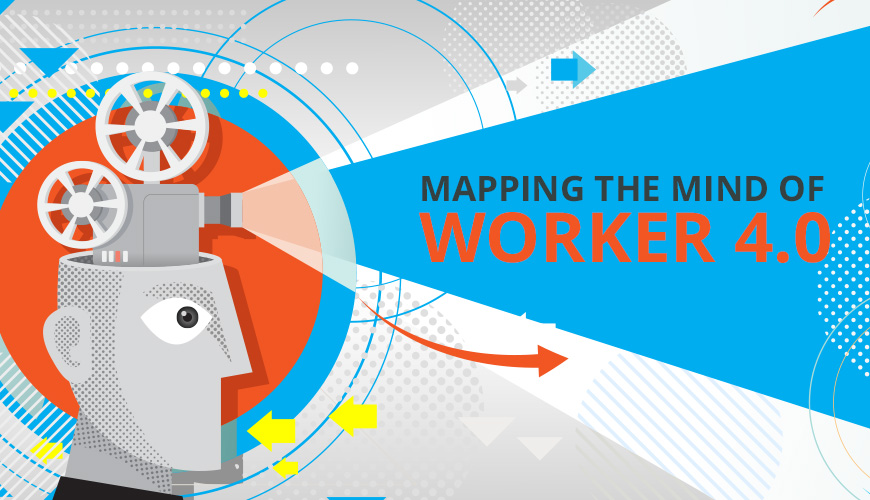
A new study has found that over 20% of Singapore’s full-time equivalent workforce will have their jobs displaced by 2028. With digitalisation and disruptive technology driving the 4th Industrial Revolution, the majority of new opportunities will lie in high-skilled managerial and professional roles, and businesses will demand a new kind of worker.
Aptly named Worker 4.0, they will possess not just technical skills but a sum total of three key competencies. The good news is that each competency can be developed and is correlated with a specific part of the brain. Read on to discover how you can prepare your mind for the future of work!
1. Adaptive Skills: Frontal/Parietal Lobe
The ability to deal with change is associated is characterised with the tendency to take risks and utilise high order thinking. It can be trained by developing soft skills such as complex problem solving, decision making and emotional intelligence that are associated with the frontal lobe of the brain, while the parietal lobe helps us understand the written language and solve mathematical problems.
Complex Problem Solving &Decision Making
Seeing relationships and generating creative solutions will be essential in solving complex problems containing both human and computer elements.
Recommended course:
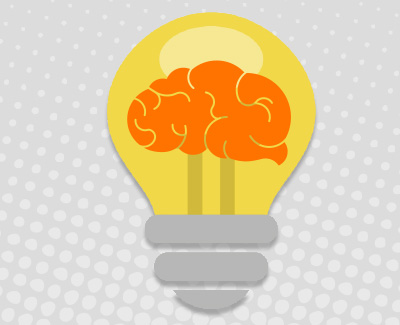
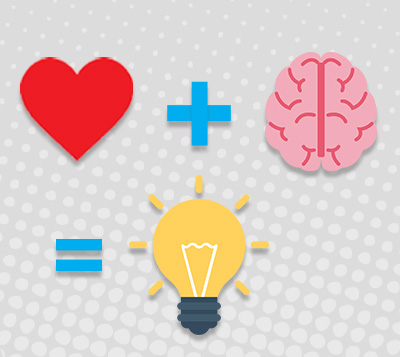
Emotional Intelligence
Managing emotions and interpersonal relationships will be crucial as we work in an increasingly interconnected and intercultural workplace.
Recommended course:
Risk Taking, Change and Leadership
A progressively uncertain environment will call for progressive leaders who are able to step up, take risks and lead change.
Recommended course:

2. Technological Skills: Frontal Lobe
The frontal lobe is also associated with planning and reasoning—two functions that are essential in learning new technologies and make humans the most advanced creatures on the planet. In this case, it can be developed by training data analysis and visualisation skills, as well as acquiring knowledge in connectivity, collaborative tools and computational thinking.
Data
Data sits at the bedrock of Industry 4.0. However, it needs to be organised, analysed and shared effectively to be applied meaningfully in the workplace.
Recommended course:
Data Analysis using Excel PivotTable
Connectivity
With blockchain technologies and IoT allowing more machines, devices, sensors and people to connect with each other, workers will need to be able to handle bigger and more complex systems.
Recommended course:
Digital Currencies, Blockchain and IoT in FinTech
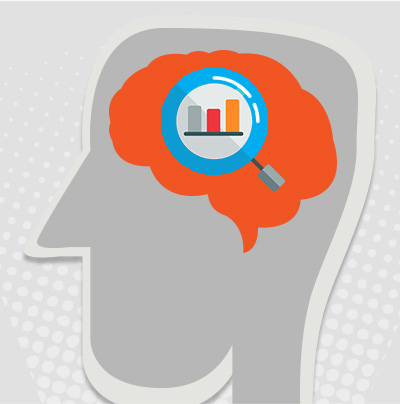
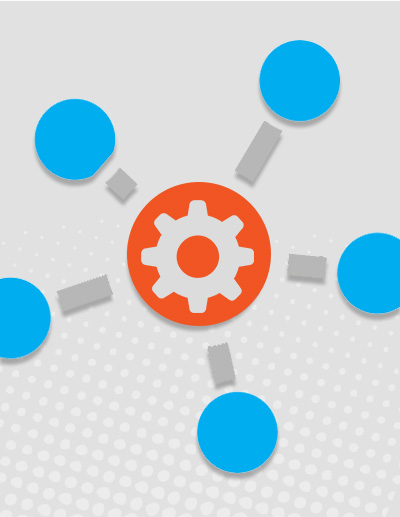
Collaborative tools
Collaborative tools, such as cloud computing, are quickly becoming a mandatory requirement as more businesses look to save money, gain a competitive advantage and operate globally.
Recommended course:
ES WSQ – Perform Online Collaboration (ICDL Certification Module: Online Collaboration)
Computational thinking
While automation is set to double in Singapore in the next 3 years, humans will still need to programme and manage machines – this requires skills in computational thinking, logic and reasoning.
Recommended course:
3. Technical Skills: Cerebellum
Technical skill development is associated with the brain’s procedural “how-to” memory. This is located in the cerebellum and can be developed through memory work and practice (e.g. motor learning).
While technical skill requirements vary from job to job, they can be standardised and in some cases, automated, so the key to succeeding in Industry 4.0 will be in creating your own unique combination with adaptive and technological skills.
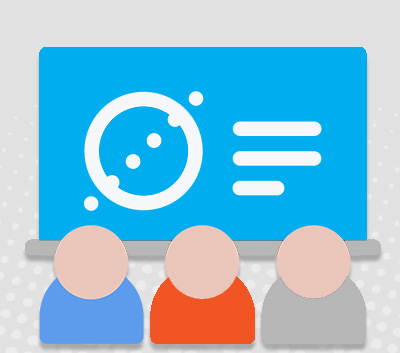
At NTUC LearningHub, we believe in helping you prepare not just for a job, but for a long-lasting career. For more information on how we can help, talk to our friendly Course Consultants at NTUC Trade Union House, Devan Nair Institute for Employment and Employability, LHUB @ Tampines Mall or any of our roadshows islandwide.
Reach out to our Skills Consultants to find out more about how you can transform your life through learning today!
You might like this
10 Reasons Why You Should Consider Being a Certified Information Systems Security Professional (CISSP)
10 Reasons Why You Should Consider Being a Certified Information Systems Security Professional (CISSP)
Upskilling for a new career post-retirement
Learning Never Stops: Reskilling for a Career Switch

